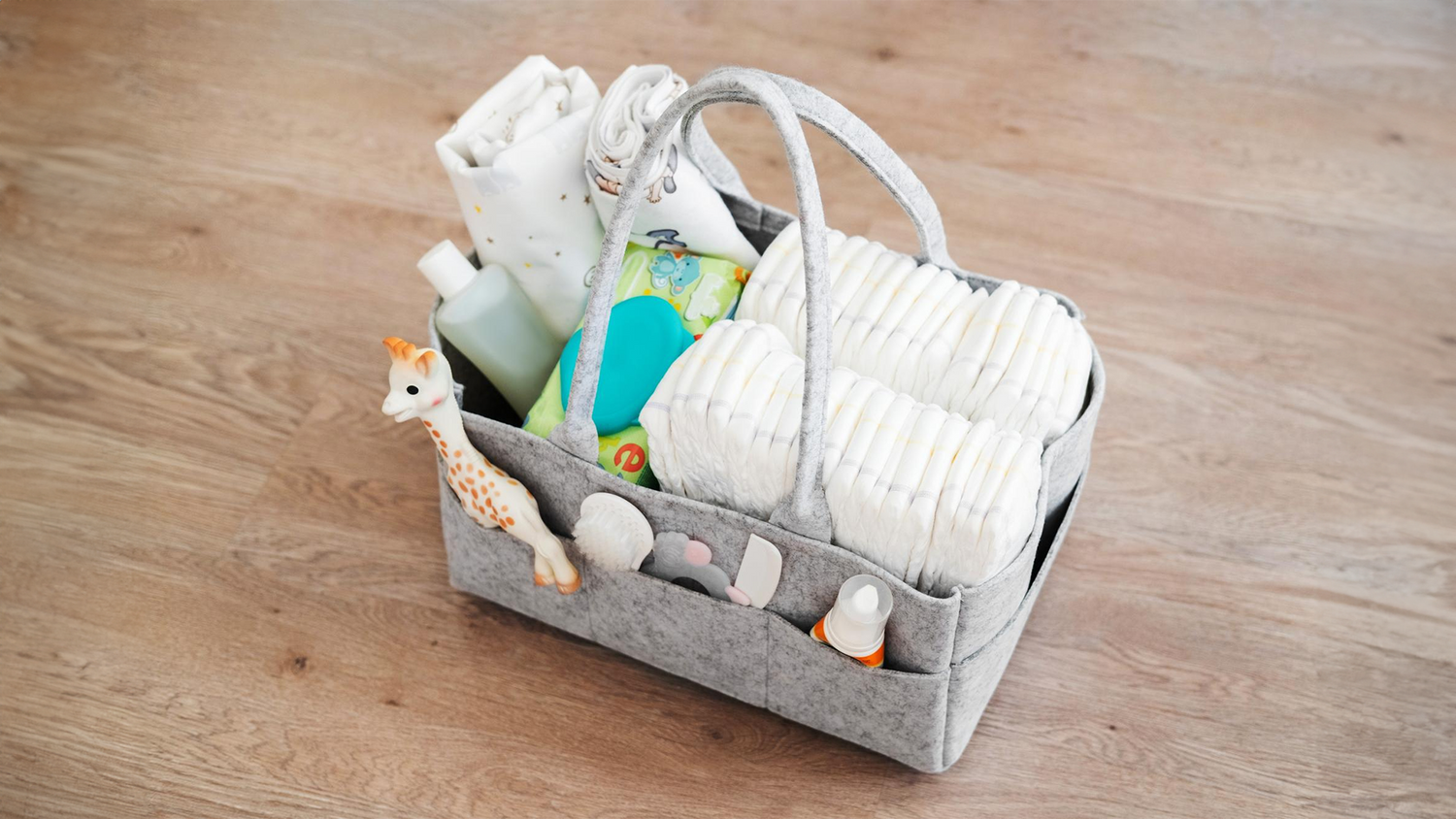
The Complete Guide to Choosing the Right Sunscreen for Kids


The Complete Guide to Choosing the Right Sunscreen for Kids

Why Floor Cleaners Are Important for Homes with Babies

The Right Way to Use Baby Lotion for Keeping Baby Skin Soft for Longer

How the Swaddle Set Makes for a Thoughtful Baby Shower Gift

A Fun Guide to the Chinese Gender Prediction Chart for Expecting Moms
Bringing your newborn home is a very special time. As you settle into your new routine and get to know your baby, you'll quickly realize that some tasks become a big part of your day. One of the most frequent (and important!) ones? Diapering. It might just feel like a full-time job! It's so easy to forget how to change a diaper, or if you are a parent for the first time, you may want a diapering refresher! If you have good-quality diapering items and helpful diapering essential goods, it will make taking care of your little one a whole lot easier.
From keeping your baby comfy to avoiding messy surprises, let's go over everything you need to make diapering simple and stress-free!

One of the first decisions you'll face is choosing between cloth and disposable diapers.
There's no right or wrong choice pick what works best for you!
You'll go through a lot of baby wipes, so choosing the right kind is important.
Pro tip: Always do a patch test before using a new brand on your baby's skin.
Diaper rashes happen to almost every baby, but don't worry—they're totally manageable! The trick is to be prepared. A good diaper rash cream acts like a shield, keeping moisture away and calming irritated skin.
Look for creams with natural ingredients like zinc oxide, aloe vera, or coconut oil—they're gentle and super effective. And here's a pro tip: applying a thin layer at every diaper change can help prevent rashes before they even start. A happy bum means a happy baby (and a less stressed you)!
A portable changing pad is a lifesaver, whether you're at home or out and about.
Having a dedicated changing area can make diapering smoother and more organized.
Your diaper bag will become your best friend when you're out with your baby. Here's what you should always pack:
A well-stocked diaper bag ensures you're always ready for any surprise messes!
Diapering means dealing with waste, and a good diaper pail helps keep odors under control. Choose one with:
If you're using cloth diapers, a wet bag or pail with a washable liner is a must-have.
Babies are unpredictable, and diaper leaks happen. Always keep extra clothing and burp cloths nearby to handle accidents. Soft, breathable cotton outfits are the best choice, and burp cloths can double as quick clean-up rags.
A good nighttime diapering setup can help your baby sleep longer without discomfort.
The goal is to keep your baby dry and comfortable so they can sleep soundly.
Diapering might seem like a big task at first, but with the right diapering essentials, it's a breeze! From picking the perfect diapers to keeping a well-stocked diaper bag, having the right gear makes all the difference. A little preparation goes a long way before you know it, you'll be handling diaper changes like a pro, so no stress is needed!

